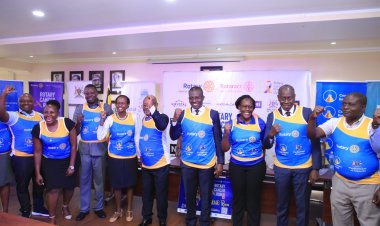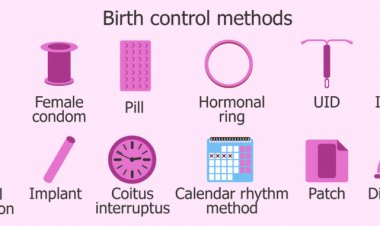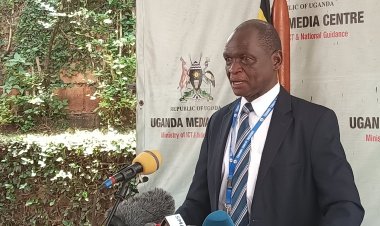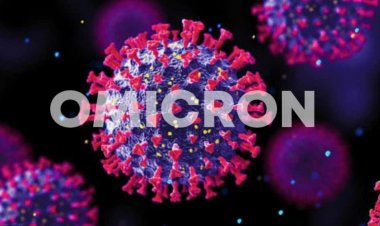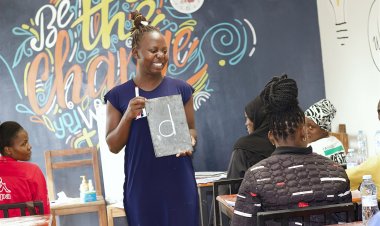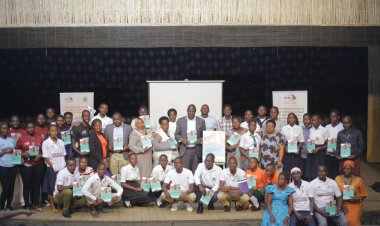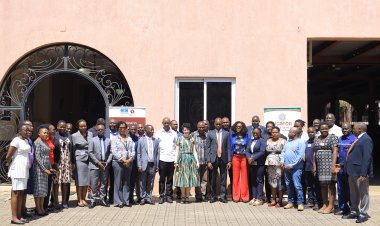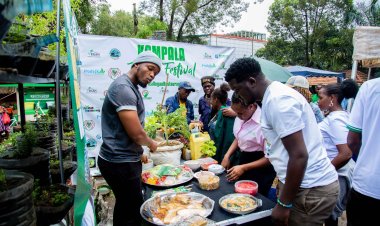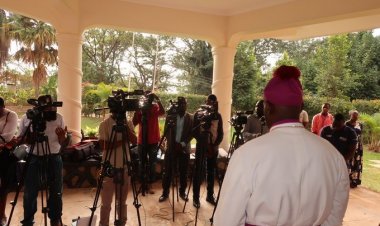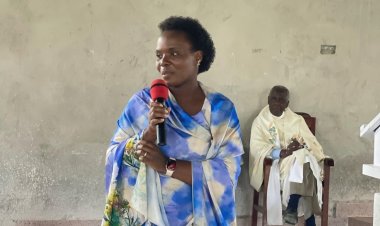West Nile Youth with Disabilities Face Barriers to Family Planning Services
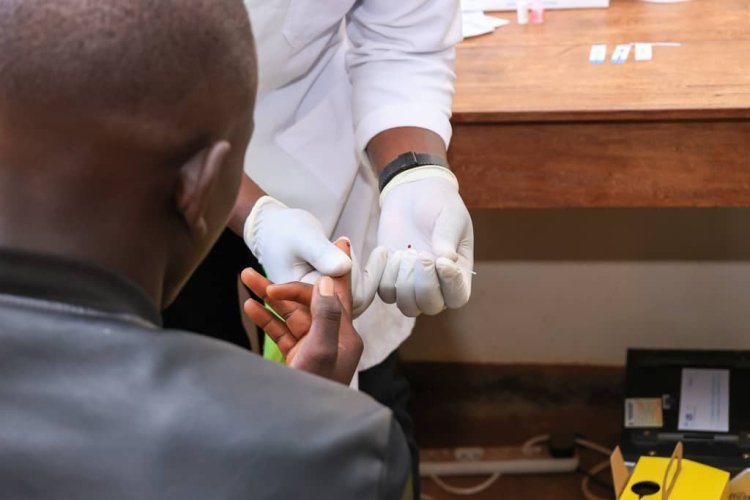
By David Joseph Kasule
In Uganda’s West Nile region, young people with disabilities are facing serious challenges in accessing family planning and reproductive health services. Despite being one of the most vulnerable populations, their needs are often overlooked in both policy and service delivery.
West Nile, which hosts a large population of refugees and rural communities, has made progress in expanding health services—but many young people with disabilities remain excluded. Inaccessible facilities, lack of disability-trained health workers, and negative community attitudes continue to deny them their sexual and reproductive health rights.
Key Challenges in West Nile
Inaccessible Health Facilities: Many clinics lack ramps, accessible toilets, or visual and hearing aids. This discourages young people with physical or sensory impairments from seeking services.
Stigma and Discrimination: Myths that persons with disabilities are not sexually active fuel neglect, shame, and isolation. Youth with disabilities are often not included in youth outreach or education sessions.
Lack of Disability-Inclusive Information: Most reproductive health materials are not available in sign language, Braille, or simple language formats suited to people with intellectual disabilities.
Shortage of Trained Personnel: Few health workers in West Nile have the training to provide friendly and inclusive care to youth with different types of disabilities.
Voices from the Region
"When I go to the health center, the nurse talks to my caretaker instead of me," says Juliet, a 19-year-old deaf girl from Arua. "I want to be respected and get information like any other youth."
Why This Matters
Youth with disabilities in West Nile deserve access to the same choices and opportunities as others. Family planning is not just about preventing pregnancy—it’s about empowering individuals to make decisions about their health, relationships, and future.
What Can Be Done
Inclusive Health Education: Use local languages, sign language, and disability-friendly materials in outreach.
Capacity Building: Train health workers on disability-inclusive reproductive health care.
Infrastructure Investment: Improve health center accessibility with ramps, signage, and private consultation spaces.
Policy Support: Advocate for district-level health plans that specifically include youth with disabilities.

 POATV Reporter
POATV Reporter 






